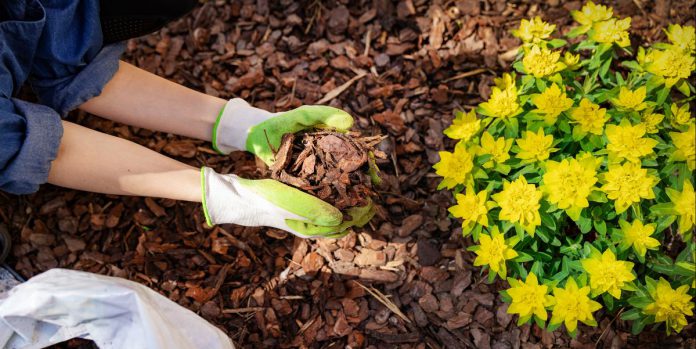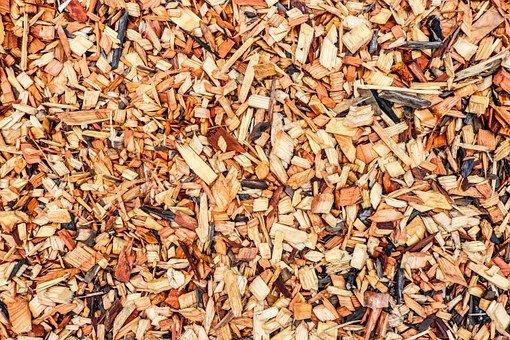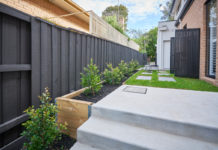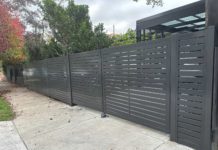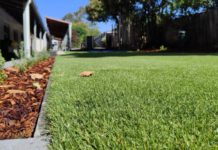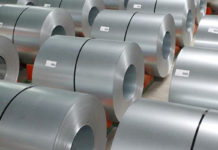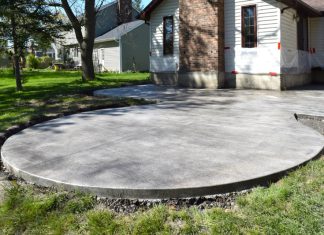It doesn’t matter whether you are tending to vegetable gardens or flower beds. Mulch is one of the best gardening time-savers. You may find it difficult to mulch your garden, but many benefits come from this process as it fights pests and makes your fruits, flowers, and vegetables healthier.
It is important to choose the best mulch for your garden. Some mulch is known for fighting pests, while some are popular for enhancing the growth of specific plants and crops. Please read until the end to find out the best mulch for your yard before laying down any mulch.
Different Mulch for your Yard
Before hopping on to the different types, let’s know about two basic types of mulch below.
Organic
Formerly living materials like straw, paper, pine needles, shredded bark, sawdust, chopped leaves, grass clippings, and compost come under the organic mulch. It reduces the weeds in your yard as well as improves the soil through decomposition itself. If you are in need of organic mulch, and live in Bedford, it’s easy to find a company that does mulch supply and delivery in Bedford, PA.
Inorganic
On the other hand, inorganic mulch contains geotextiles and black plastic. It discourages the weeds in your garden but doesn’t enhance the quality of your soil. It doesn’t mean they are harmful to your garden. In some cases where you need to warm your soil to grow your heat-loving plants, inorganic much is the best option for you.
There are five most common types of mulch that you can choose to spread in your yard:
Straw or Hay
If you have a veggie garden, it would be best to cover your yard with weed-free hay, straw, or salt hay. It discourages weeds, retains soil moisture, and enriches your soil. Before spreading it into the garden, make sure that you have chosen seed and weed-free hay.
While covering your garden with this type of mulch, don’t pile it up around vegetable stems and tree trunks to prevent slug damage.
Shredded Leaves or Wood Chips
If you are searching for a mulch to prevent weeds and enrich your garden soil, it would be best to buy shredded leaves or wood chips online or from your local garden center. If you have trees on your property, shredded leaves from them are the best mulch you are getting without spending a penny.
Now, all you have to do is collect them, cut them into the size of mulch, and spread them into your garden.
Grass Clippings
It is one of the best readily available mulch for your garden. If you have some extra grass clippings, you can also use them as a natural lawn fertilizer. They are the best mulch for your vegetable garden as they are nitrogen-rich materials.
Plastic Mulch
According to experts, if you are doing wonders in your vegetable garden, cover it with black plastic films and see the magic. These sheets transmit the heat from the sun directly to the soil and create a three degrees warmer microclimate than the regular yard.
Therefore, if you are planning to plant vines of melons, cucumbers, melons, or strawberries in your garden, we recommend covering them with black plastic mulch to get the best fruits from your crops.
Apart from enriching the soil, plastic mulch is also known for retaining soil moisture and preventing weed growth in your yard. If you are looking for higher yields, consider Infrared transmitting plastics, also known as IRT, for your garden.
IRT plastics are expensive than the general black plastic but offer you higher yields. It warms the soil and controls the weeds by enhancing the plants’ growth in your yard.
Geotextiles
Geotextiles are also known as landscape fabrics. This type of mulch allows air and water through to the soil beneath and also prevents weeds from appearing in your garden. However, some disadvantages come with landscape fabrics, as they degrade over time when you place them in the light.
If you want to use this mulch, you need to cover them with the second mulch to make them long-lasting.
The Final Words
After choosing your mulch, it is important to distribute it into your garden properly. You can spread it on the soil that is already weeded to kill the weeds and create a thick to prevent them from coming back to your yard.
